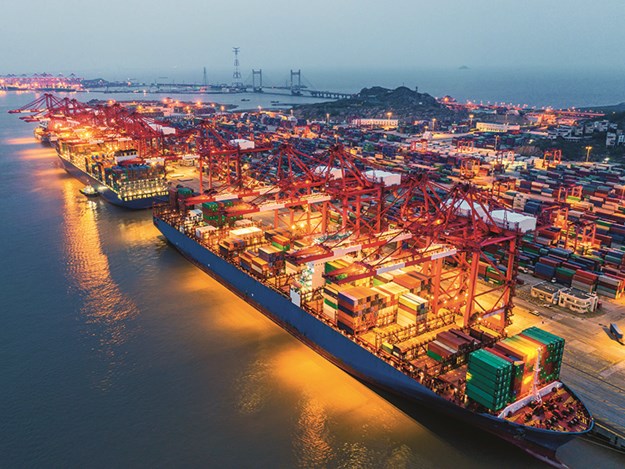WAFarmers CEO Trevor Whittington says China may provide cheaper products, but relying on just-in-time chemical fertiliser from there can have its problems
Today, the global agricultural chemical market is worth around $268 billion dollars, with over 3.5 million tonnes of product supplied to the world’s farmers each year.
China has, over the past 30 years, grown from a virtual non-user of ag chemicals to dominating the export market, followed by the United States, Germany, France and India.
With China exporting 425 active ingredients for ag chemicals in 2019, Australia has grown to like the cheap supply of base and final chemicals, which has put downward price pressure on the traditional US and EU suppliers.
So enthusiastic has Australia been as an importer of chemicals and exporter of agricultural products to China that the supply chain has become a target in political negotiations.
Not that this is anything new to Australian farmers, as we have seen our barley exports shut out of the Chinese market on the back of that country’s displeasure with Australia.
China’s ever-growing presence in our market has also coincided with changes to the free trade agreement and the provision of incentives by Beijing for the export of finished chemical products rather than raw materials.
 |
|
Shanghai Port
|
In the case of glyphosate, still by far the biggest-selling farm chemical in Australia, China now exports 70–80 per cent as a finished product.
Only five years ago, 60 per cent was supplied in the ingredient form and formulated into the finished product in Australia.
While China did not place trade bans on glyphosate out of annoyance over Morrison’s call for China to fess up on what happened at Wuhan, it did react to internal food price rises and the need to support its domestic farmers.
Last year, China’s government announced there would be export bans placed on phosphate production to help keep domestic prices down.
The ban first came in late July when the world’s largest phosphate producer ordered some large domestic fertiliser companies to temporarily suspend exports to stabilise prices and assure domestic supplies.
Local governments followed suit, mandating that all state-owned enterprises producing phosphate cease exports.
Up until then, Australia was importing 65 per cent of its mono-ammonium phosphate from China and we all know what happened next to the price of urea, glysophate and AdBlue.
Think this is a one off? Think again. As China grows in confidence it has shown an ever-greater tendency to flex its geostrategic muscles by using trade sanctions to send a message.
In addition, keeping the 1.4 billion people of China well fed on stable food prices is far more important to it than worrying about being a reliable trading partner to Australia.
What’s the take away? The message is simple – if you rely on China for your just-in-time chemicals and fertilisers, then expect to pay a penalty at some stage for the benefit of lower prices.
Sooner or later the tap will be turned back off.
For the same reason Australian farmers are reluctant to buy Chinese-made farm machinery as they worry about the availability of parts they should be looking on the label of their ag chemicals to see where they are coming from.
What’s the solution? Caveat Emptor – buyer beware. Buy the cheap Chinese loader or chemical fertiliser but buy two, buy it early, or buy enough for two years. Just don’t buy expecting the supply chain to be there just in time for when you need it.

